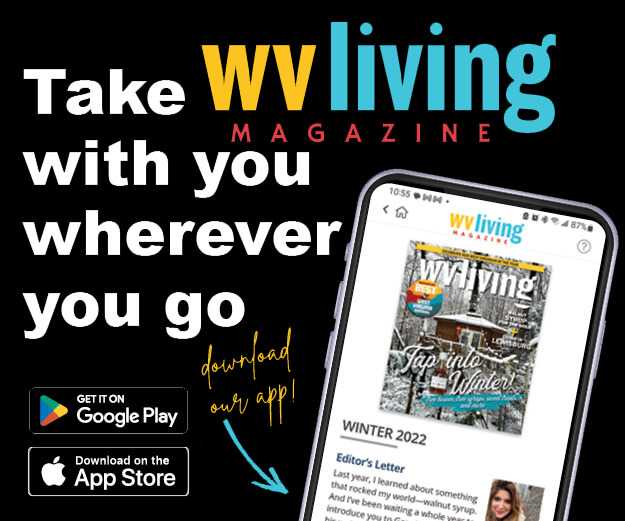Libera harnesses it to transform women’s lives.

When Karen Haring had just a half-hour to connect with eight girls at Preston High School one day in 2018, she was direct: How many of you feel you are listened to? The answer surprised even her. “To a person, they each said, ‘I don’t feel like anyone listens to me.’ Family, boyfriend, teachers—no one,” she recalls. “I knew then that Libera was hitting on a critical need.”
Haring started Libera in 2014 after several years’ personal exploration led her, with friends, to identify being listened to as powerful medicine that enables women to overcome barriers and live as their best selves. For her, a quote from the writer David Augsburger has since proven true over and over: “Being heard is so close to being loved that, for the average person, they are almost indistinguishable.”
Libera trains women how to listen well and what to do when listening calls for action—when abuse must be reported, how to prevent suicide. And then it makes its trained listeners available to women and teens in need. The listening itself is powerful, decreasing isolation and anxiety and increasing connection and hope. Beyond that, listeners also make referrals to professional resources for emotional, financial, and other needs.
Among the group’s successes, Haring cites a young Monongalia County woman who came to trust Libera enough to confide that the man she lived with terrorized her nightly with a gun to her head. She was emboldened to leave the situation and today lives a healthier and happier life without him.
Libera has about 70 trained listeners in a dozen West Virginia counties now as well as a bus that makes rounds to all 55. To receive Libera services or to become a Libera listener, call, text, or email, or visit online. 304.319.0970, liberawv@gmail.com, liberawv.com, @liberawv on Facebook
Karen Haring shares Libera’s Lessons Learned
I don’t think most people feel they are really heard and understood. People need to be listened to, and we want to start a listening revolution in our state.
The pandemic has taught us that we need to be able to do things in new ways, virtually, in order to be there for people when we can’t connect in person. We’re finding ways to do that.
There is a vital role to be played by community members making themselves available as listeners, as resources, as connections to expert help. We can train community members to do this bridge work, connecting people to professional assistance. Our strategy is to build up this army of volunteers that can have a positive impact for social, emotional, and mental health in their communities.












Leave a Reply